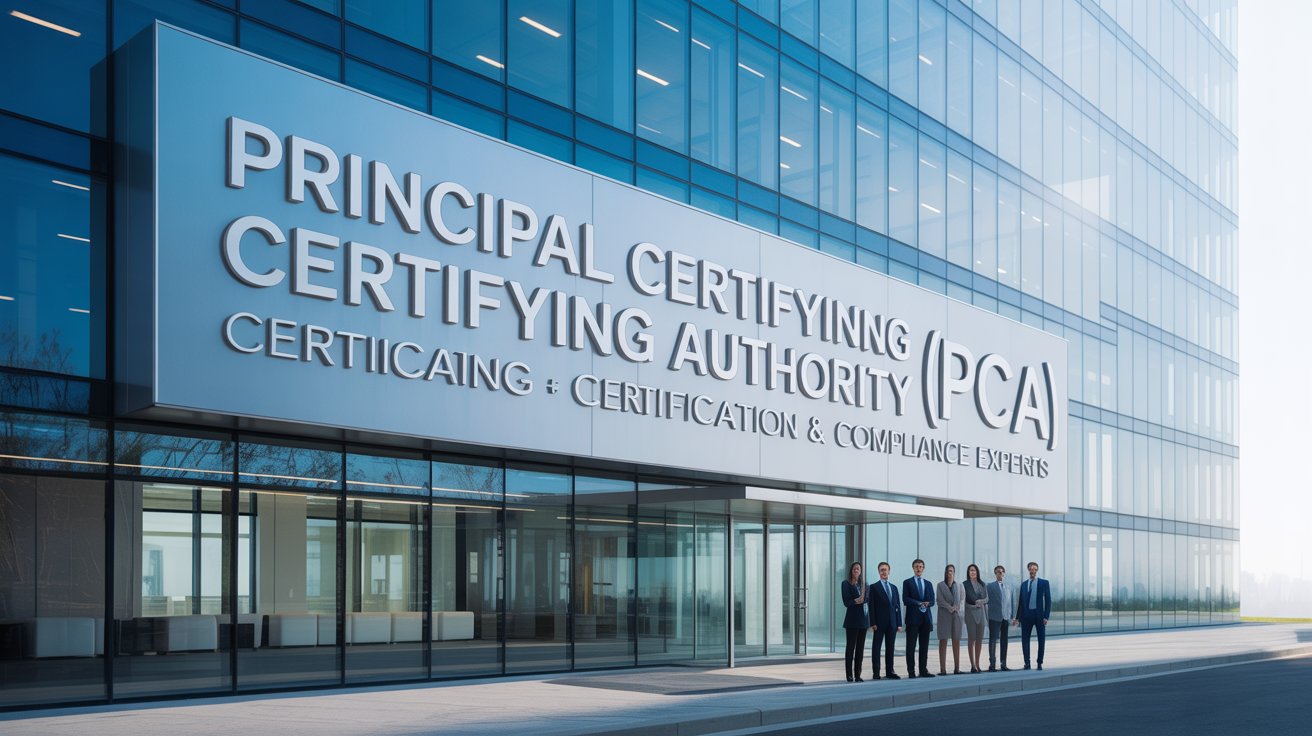When embarking on a construction project, understanding the role of a Principal Certifying Authority (PCA) can be crucial to its success. Many people may overlook this essential figure, but a PCA is your ally in navigating building regulations and ensuring compliance. They help bridge the gap between your vision and local laws, making sure everything aligns with safety standards. Whether you’re constructing a new home or renovating an existing structure, having a knowledgeable PCA by your side simplifies the process immensely. Let’s delve into what makes these professionals indispensable in building certification and compliance!
The Role and Responsibilities of a PCA
The Principal Certifying Authority (PCA) plays a vital role in the construction process. They act as an intermediary between builders, developers, and local authorities. Their primary focus is to ensure that all building projects comply with relevant regulations.
A PCA assesses plans and inspections throughout the construction journey. They verify that projects meet safety standards and building codes before granting approvals. This oversight helps prevent costly mistakes down the line.
Another key responsibility of a PCA is conducting regular site inspections. These visits allow them to monitor progress and ensure adherence to approved documents. It’s not just about checking boxes; it’s about safeguarding public welfare.
Additionally, they issue compliance certificates upon project completion. This certification signifies that a building meets all legal requirements, allowing for occupancy and use without hassle. By ensuring these responsibilities are met, a PCA provides peace of mind for everyone involved in the project.
Different Types of Building Certification
Building certification comes in various forms, each designed to address specific regulatory requirements and project goals.
One common type is the Development Approval Certificate. This ensures that a building complies with local planning laws before construction begins.
Another essential certification is the Occupation Certificate. It confirms that a building meets safety standards and is fit for occupancy once completed.
Energy efficiency certifications play an increasingly important role. These assess how well a structure utilizes energy, which can lead to significant savings over time.
Then there are environmental certifications like Green Star or NABERS, which evaluate sustainability practices within construction projects.
Fire safety certificates ensure that buildings adhere to fire regulations, enhancing occupant protection. Understanding these types helps streamline the certification process and supports better compliance outcomes during construction projects.
The Importance of Compliance in Construction
Compliance in construction is non-negotiable. It ensures that every aspect of a building project meets local regulations and safety standards. This protects not only the integrity of structures but also the lives of those who use them.
Adhering to compliance helps avoid costly penalties and legal issues down the line. When builders follow established guidelines, they minimize the risk of accidents, which can lead to injuries or even fatalities on-site.
Moreover, compliant buildings often attract more buyers or tenants. People prefer properties that are certified safe and reliable. A commitment to compliance enhances reputation and fosters trust within the community.
Additionally, maintaining high standards in construction contributes to environmental sustainability. Compliance with eco-friendly practices results in energy-efficient buildings that reduce carbon footprints over time.
Benefits of Hiring a PCA for Building Certification and Compliance
Hiring a Principal Certifying Authority (PCA) can streamline your building project significantly. With their expertise, you gain access to accurate guidance on compliance requirements specific to your locality.
These professionals are well-versed in local regulations. They ensure that all aspects of your construction meet legal standards, reducing the risk of costly fines or delays.
Working with a PCA also saves time and resources. Their thorough knowledge means fewer mistakes during inspections and quicker approvals from governing bodies.
Additionally, a PCA acts as an intermediary between you and various stakeholders—like councils and contractors—facilitating smoother communication throughout the process.
With a PCA by your side, you’ll have peace of mind knowing that every detail is managed professionally. This allows you to focus more on the creative elements of your project while ensuring everything stays compliant with industry standards.
How to Choose the Right PCA for Your Project
Choosing the right Principal Certifying Authority (PCA) for your project is crucial. Start by assessing their qualifications and experience in building certification. Look for a PCA with a solid track record in similar projects.
Consider their knowledge of local regulations and codes. A PCA familiar with your area can help navigate compliance complexities effectively.
Don’t hesitate to ask for references or case studies from previous clients. This insight will provide you with confidence in their capabilities.
Communication is key, so ensure they are approachable and responsive to inquiries. A good relationship can make the certification process smoother.
Evaluate their fees against services offered. While cost is important, remember that quality service often comes at a premium. Balancing these factors will lead you to the right PCA for your specific needs.
Conclusion
When embarking on a construction project, understanding the role of a Principal Certifying Authority (PCA) is crucial. They are not just regulatory figures; they serve as your partners in ensuring that every aspect of your building complies with local laws and safety standards. Their expertise in navigating the complexities of building certification can save you time, reduce stress, and prevent costly mistakes.
Choosing the right PCA for your project ensures not only adherence to regulations but also peace of mind throughout the process. With their guidance, you can focus more on bringing your vision to life while knowing that compliance issues are being expertly handled.
Investing in professional PCA services ultimately translates into a smoother construction experience. As you plan your next project, consider how a dedicated Principal Certifying Authority can make all the difference between success and setbacks.

